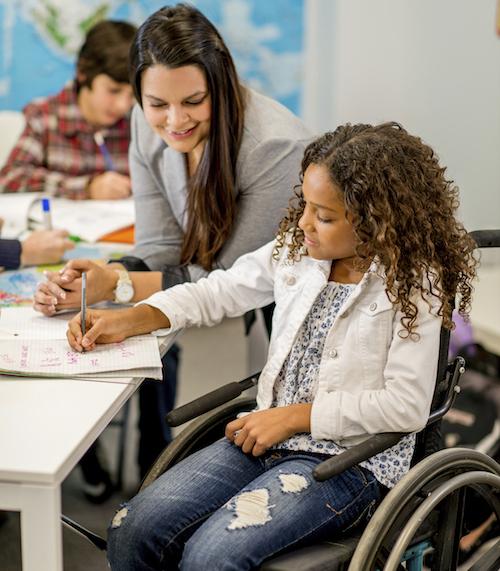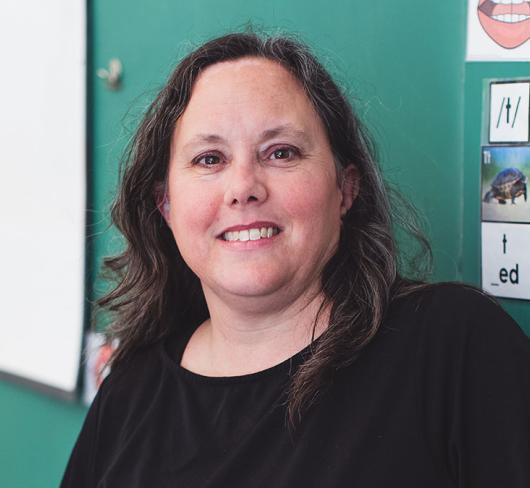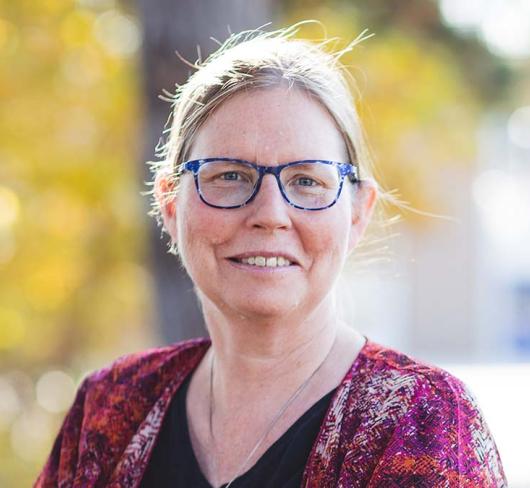
International Day Of Persons With Disabilities – December 3, 2015
As educators, most of us have taught a student with a disability. We are well versed in and aware of the range and types of accommodations that are made for students every day. We also work with colleagues who have disabilities. Many of these colleagues are not aware that they too can ask for accommodations in the workplace.
In the winter of 2015, the provincial Executive approved a recommendation from the Disability Issues Standing Committee that ETFO annually commemorate the Day of Persons with Disabilities.
In the ETFO Reference Book, Disability Policy 21 states “that disability be defined as an interaction between characteristics of the individual and characteristics of the natural, built, cultural, social, technology and communication environment, which prevent individuals living with impairments and/or disabled individuals (e.g., cognitive, intellectual, medical condition/illness, physical, psychological, sensory, and psychiatric survivors/consumers) from full and equal participation in society.” In Canada approximately ten per cent of the population is believed to have a disability. This is 3.2 million people. Most of these people are not born with a disability, but acquire them throughout their lives. Some disabilities are visible and others are not.
In 1992, the United Nations General Assembly passed resolution 47/3 that proclaimed December 3 of each year as the International Day of Persons with Disabilities. The day was proclaimed to recognize and promote an understanding of disability issues, dignity, rights and well-being of persons with disabilities.
The International Day of Persons with Disabilities aims to increase awareness of and education about the benefits of the integration of people with disabilities into every aspect of Canadian society. It is also a day to recognize and celebrate the contributions of persons with disabilities around the world.
Each year, the United Nations chooses a theme for the day. The theme provides a framework for considering how people with disabilities are excluded from society by promoting the removal of barriers wherever they are – the physical environment, information and communications technology, societal assumptions and attitudes.
In 2014, the theme was Sustainable Development: The Promise of Technology. Not all people have access to technology and the higher standard of living it allows. With an estimated one billion people worldwide living with a disability, and 80 per cent of them living in developing countries, access to technology is key to helping realize the full and equal participation of persons with disabilities.
The theme for 2015 is Inclusion Matters: Access and Empowerment for People of All Abilities. It is important to focus on the ability and not the disability of individuals. Often, the societal image of persons with disabilities reflects attitudes based on stigma and discrimination, not reality. Educators can help students to be better informed about disability issues, and thus to overcome these societal attitudes. This empowers persons with disabilities to participate fully in everyday opportunities.
On the International Day of Persons with Disabilities you can:
- Hold an assembly and invite a speaker.
- Make announcements related to the day and to inclusion of people with disabilities.
- Highlight and read books from the school library about people with disabilities.
- Use the ETFO resource Social Justice Begins With Me* and read some of the books and accompanying lesson plans on people with disabilities.
- View a chapter from ETFO’s Everyone Is Able* resource and follow up with the lesson plan or professional development component for staff.
- Share the ETFO See Ability, Not Disability bookmark** with students.
Contact the editor of Voice if you wish to share how you commemorated the International Day of Persons with Disabilities. (Go to etfovoice.ca and click on the “contribute” button to find out about the different types of articles Voice publishes and guidelines for writing).
* Available through ShopETFO
** Available through Equity and Women’s Services
Adam Peer is an ETFO staff member in Equity and Women’s Services.

